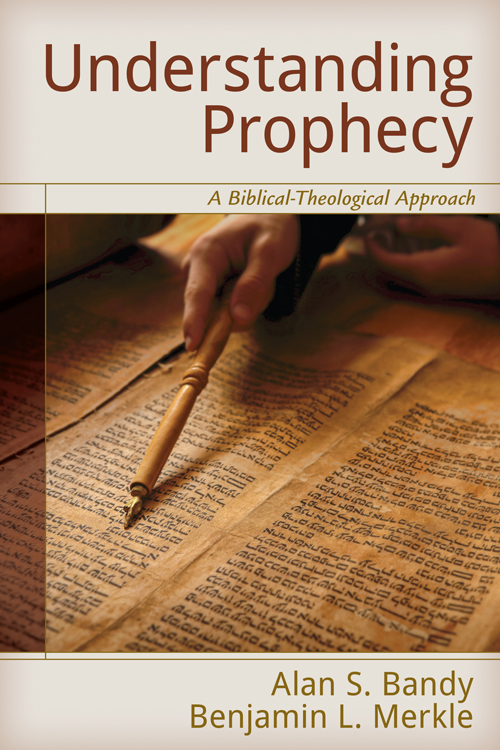In Summary:
One cannot come to Hebrews 6 without taking a look into the question of "falling away" that is raised in Hebrews 6:4-6. This is not the only content of Hebrews 6, however, and we would do well to not make it more than it is. Further, remember that we understand Scripture by placing it into its proper context, which includes not only the culture of writing but the overall context of the revealed Word of God. That is to say that one section fits within the whole, not contradicts it.
Before we return to those verses, though, let us look at the rest of this chapter. Noteworthy for our understanding is the overall thrust here--the need for maturity in the lives of believers. The first few verses address this need, as do the closing sections. We see a continued emphasis by the author of Hebrews that walking with Jesus is not something to be taken overly lightly.
In Focus:
Let us put the "falling away" passage in focus for now. Consider what is being said: that if one turns from the Gospel after having held it, there is no return. Early in the life of the church, this was understood to mean that one who willfully sinned after salvation was lost--coupled with a mistaken understanding of baptism as bringing salvation, practically speaking this led to a belief that one should not sin too much after being baptized. (For this reason, for example, it appears the Emperor Constantine delayed his baptism until he was near death.)
We see, though, in John 6, Romans 11, Philippians 1, Ephesians 2, 1 Peter, and many other places that believers are held by the power of God through the seal of the Holy Spirit. This precludes understanding Hebrews 6 as teaching that true believers can lose their salvation. Further, it is worth noting that if this is the teaching of Hebrews 6, then there is no return--once out, always out would become the refrain rather than the Baptist view of once saved, always saved. Further, this places a strange premium on sins committed after belief--the grace of God mediated through the Cross and the blood of Jesus is enough to save the vilest murderer but not the wretched backslider?
It is possible that the author of Hebrews is here addressing a singular group of individuals. Consider the era and Acts 19--there are people who are nearer to the Kingdom than others, but still not all the way in. Is it possible that there was a unique group of Hebrews who were, for lack of a better term, "one-foot-in, one-foot-out?" These would have not been truly saved but were wavering between two opinions. That would not be unique in Hebrew history, considering Elijah's challenge on Mt. Carmel.
Further, Hebrews as a whole addresses the need for the people to commit themselves, finally and fully, to the Gospel of Jesus Christ. It is clear that the audience should grasp the nettle, take the bull by the horns, and go forward rather than halting about, waiting to see whether or not God is faithful.
After all, the key here is not what we can do, but Hebrews 6:19, that God is the author of the hope that we can anchor our souls to.
In Practice:
The first practical step is this: stop wavering. We have a temptation in the current era of the life of the church, and that is to hold on to the old ways of doing church and hope it's good enough for God. It's not, and never really was. The living faith of our fathers was what built their relationship. Not their architecture, budgetary prowess, or organizational structures. Not even holding services at 11:00. Instead, we need to go full out to being obedient to God rather than man. Even really spiritual men.
The second practical step is this: move forward, sure in your salvation. There is a time for introspection, asking "Am I truly of Christ?" There is also a time to take the Word of God and act upon it. If you have been a believer for years, the time is now for the latter, not constantly ruminating on the former. Get to work.
In Nerdiness:
Note the idea of "swearing" in Hebrews 6:13. Consider this: the idea is that one swears by a greater power than oneself, because that greater power will hold you to your oath. God swore by Himself, because He knew He could be trusted. Yet we rarely swear, honestly, by anything that has the power to hold us to our promises. Our word should be our bond, because we are honoring the One who swore to protect us.




